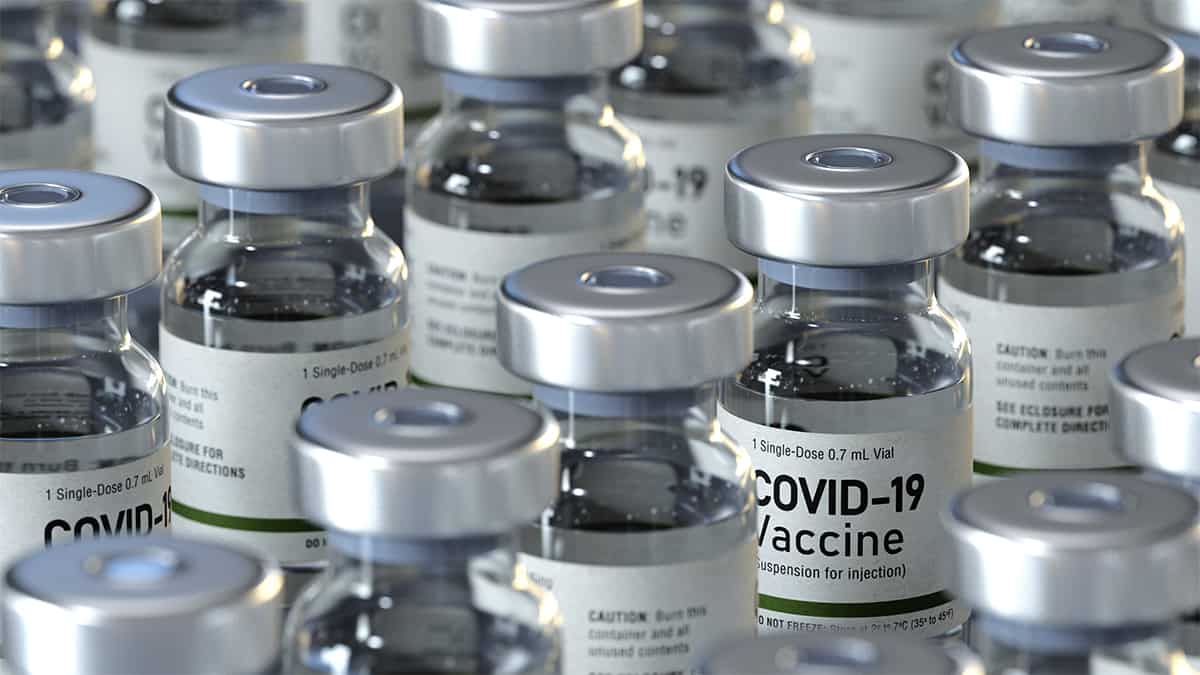Rising COVID-19 case counts imperil the likelihood of Waterloo Region moving to the second stage of the provincial reopening plan, say local officials.
On Friday, the region reported 528 active cases, its 85 new cases classifying the area as the most active in Ontario.
“Right now we are the hottest part of the province, and so we need more vaccines,” said medical officer of health Dr. Hsiu-Li Wang during Friday’s weekly pandemic briefing.
Health officials attribute the rise in cases to the fast-spreading Delta variant. Originally mutating from India, the Delta variant is 50 per cent more transmissible than the original Wuhan strain.
“Based on the latest data, we believe that Delta is already the dominant strain in Waterloo Region,” said Wang. “Cases are occurring throughout the region due to the usual risk factors, but spreading even faster due to Delta and among those who are mostly unimmunized.”
Regional Chair Karen Redman also expressed concerns regarding the Delta variant calling it a “game changer.”
As Ontario moves towards the next stages of reopening the economy on July 2, there is a risk the region could go back into lockdown if case counts continue to rise.
“The province overall [are] …on track to go to step two, as per their original timeline,” said Wang. “It’s possible that we may need to be delayed… in order for us to ensure that we’re in a good place to move to the next step, and not risk having to revert back to a shutdown.”
The best tool to avoid a lockdown is getting people vaccinated, explained Wang. She also advised that those getting their second dose not discriminate against whether it be from Pfizer or Moderna.
“We are in a situation where we’re not defenseless against Delta. We do actually have the means to build a stronger wall of protection against not only Delta, but future variants, and that’s through immunization,” said Wang. “Do not turn down Moderna to wait for Pfizer – get the first mRNA vaccine that’s available to you. Moderna and Pfizer are the same type of vaccine – they can also be safely mixed.”
About 72 per cent of Waterloo Region residents over the age of 12 have received at least one dose of vaccine. Just 16 per cent of adults have been fully vaccinated. The region has the second-highest rate of youth vaccinations in the province, said chief administrative officer Bruce Lauckner, noting in the fight against the Delta variant, the current rates are still not enough.
“I believe we’re [a] canary in the coalmine,” said Lauckner. “[It] just goes to show as Dr. Wang said, just how nasty this variant is. So we would suggest that our vaccination rates are not high enough.”
Officials this week accelerated the wait time for community members to get their second dose. Beginning June 23, anyone who received a first dose of vaccine on or before May 30 is eligible to book an appointment for a shortened second dose. Vaccine task force officials explained the development of a new self booking system which makes it easier for those looking to get an earlier appointment for their second vaccination.
“The goal is to have our self appointment booking software system ready and available on Monday,” said Shirley Hilton, the head of the region’s vaccination task force. “When available, anyone eligible to rebook their appointment can go to the site and rebook, they will receive a confirmation for the new appointment and the original appointment will automatically be cancelled.”
While the light at the end of the tunnel may look to be getting larger, region health officials remind those to be diligent and careful, lest we lose another summer to lockdown.
“Everything that we do now, to try to get more vaccines in arms, and have people continue to be very cautious and diligent with their public health practices, will help us get the spread under control,” said Wang.









